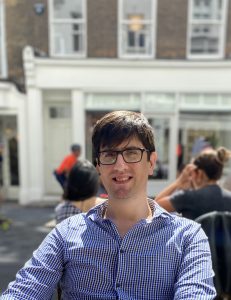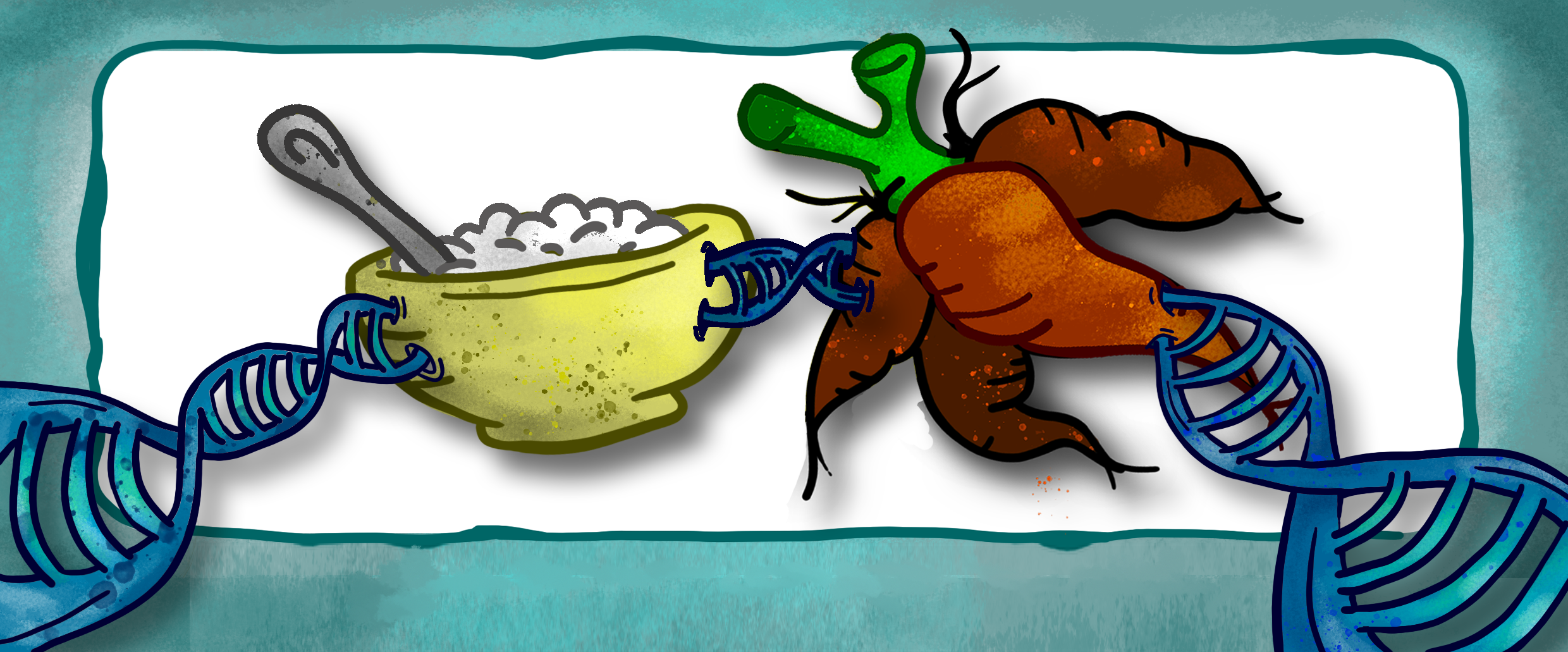 A love of plants hasn’t led Otago-born Jared Fudge down the garden path; it has, though, taken him along some curious byways, from the chic streets of Geneva to London’s famous Abbey Road.
A love of plants hasn’t led Otago-born Jared Fudge down the garden path; it has, though, taken him along some curious byways, from the chic streets of Geneva to London’s famous Abbey Road.
Indeed, Jared’s journey signposts some of the more intriguing directions that a genetics career can go.
Raised on a farm in Waikouaiti—and inheriting a green thumb from his horticulturally-inclined grandparents—it was little wonder that Jared chose to study botany at the University of Otago.
At that point, though, his motivation was quite straightforward. “I was curious about science,” he says, “and I wanted to know how the living world worked.”
But the more he learned about plant ecology, the more he wanted to find out about plant physiology, about how they functioned at the fundamental molecular level.
Jared’s interest blossomed (almost literally) during a plant biotechnology Masters, seeking to understand how plants ‘perceive’ day length and the winter cold—and hence when to flower—from a molecular genetics perspective.
And while this prepared the ground for further academic study, the seeds for a suitable doctoral project had already been sown during a “compelling” undergraduate course on harnessing plant metabolism to benefit human health.
With over two billion people suffering micronutrient deficiencies—“over-represented in low- and middle-income countries reliant on a single staple crop”—biotechnology offered a possible means to boost micronutrient levels and thus improve the well-being of “some of the poorest people in the world”.
Or as Jared explains, “It seemed a cool way of helping people while still studying plants.”
This idea came to fruition with a PhD at the University of Geneva, Switzerland, looking at genetic ways to ‘biofortify’ important crops such as rice and cassava. (Rice and the starchy root vegetable cassava are major staple foods in the developing world, and in the absence of a more varied diet both can lead to nutrient deficiencies.)
The research facilities in Geneva were incredible, Jared says, as too was the accommodation on offer; in contrast to Dunedin’s student flats, he now ended up in an 18th century apartment on the swish Rue des Granges, in the heart of the old city of Geneva.
“It was another world and took a while to get used to it.”
Apart from these pleasant surprises, though, and despite this being his first time in Europe, Jared reckons adapting to his new life wasn’t difficult—well, apart from an initial language problem. Although almost everyone spoke English, “they just weren’t used to hearing a Kiwi accent,” he says, “so I had to become a bit more BBC.”
Then, after several busy years in a Geneva genetics lab and a spell writing up his thesis on the Sunshine Coast in Australia, it was time for a change. Less than a week after his PhD defence, Jared was settling in as a commissioning editor with the journal Frontiers in Plant Science in London. And while his initial Abbey Road address wasn’t quite as elegant as in Geneva, thanks to the Beatles it was at least as memorable.
“So far, it’s been an enjoyable experience in publishing,” Jared says. Having just become an assistant editor with the prestigious journal Current Biology, also in London, he’s now looking forward to getting “back closer to the science”. Yet he’s still got an earthy Otago attitude to his favourite subject.
“If you care about food,” Jared says, “you should care about plant genetics.”
Written by Mick Whittle
Image supplied by Jared Fudge



One thought on “Alumni Series – Jared Fudge”
That last line. I’m feeling guilt-ridden.